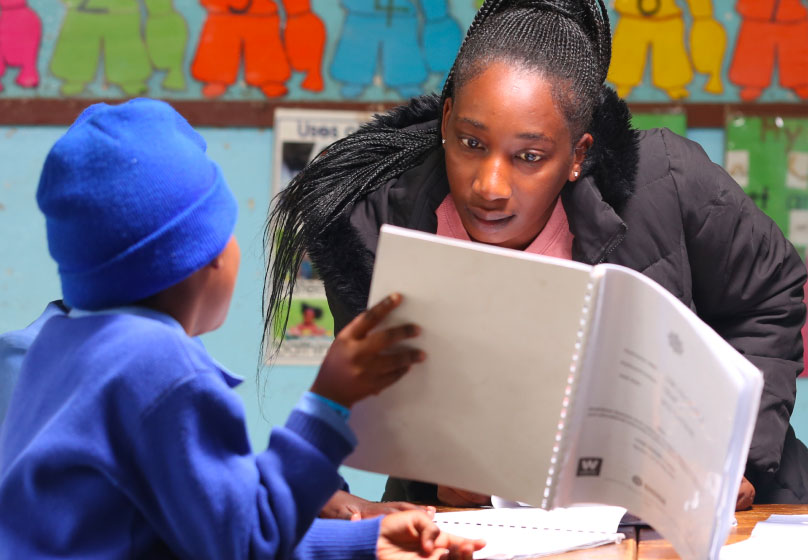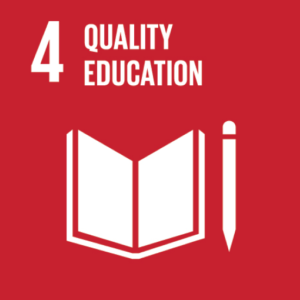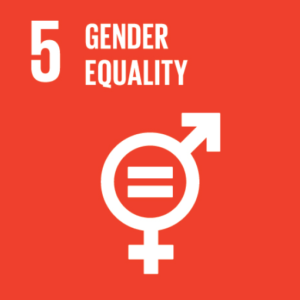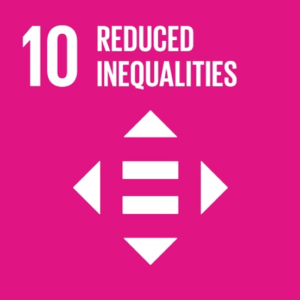

Zeal
Background issues
There is a small but growing evidence base that suggests that low and moderate levels of uncorrected hyperopia (far sightedness) have a negative impact on educational and developmental outcomes that rely on sustained near work. Low and moderate levels of hyperopia have been associated with impaired literacy, reading comprehension and reading performance. Discomfort may well lead to task avoidance in the short term, and the development of a harmful association between visual discomfort and learning activities in the longer term. As such, hyperopia may predispose children and young adults to academic and social pressures that will have a negative impact on their long-term economic prospects. However, no trial to date has studied the educational impact of hyperopic correction in school-aged children with hyperopia.
Trial design
ZEAL (Zimbabwe Eyecare And Learning) is a cross-sectional study involving 2,000 grade 2 and 4 students. All children in need of glasses will receive them.
Outcomes
ZEAL is designed to answer five important questions:
- What is the prevalence of moderate to high hyperopia in Grade 2 and 4 children in Zimbabwe
- Can we detect moderate to high hyperopia accurately in these low-resource settings with low-cost screening tools
- Is uncorrected moderate to high hyperopia associated with poorer baseline reading levels compared with no hyperopia?
- Can hyperopic spectacle correction improve reading levels over a six-month period?
- Does spectacle compliance among newly diagnosed hyperopic children and newly diagnosed myopic children differ?
The purpose of ZEAL is to prepare for a randomised trial of hyperopia correction in the improvement of children’s educational outcomes in Zimbabwe.
Timeline
12 months.
ClinicalTrials.gov Identifier: NCT05538182













